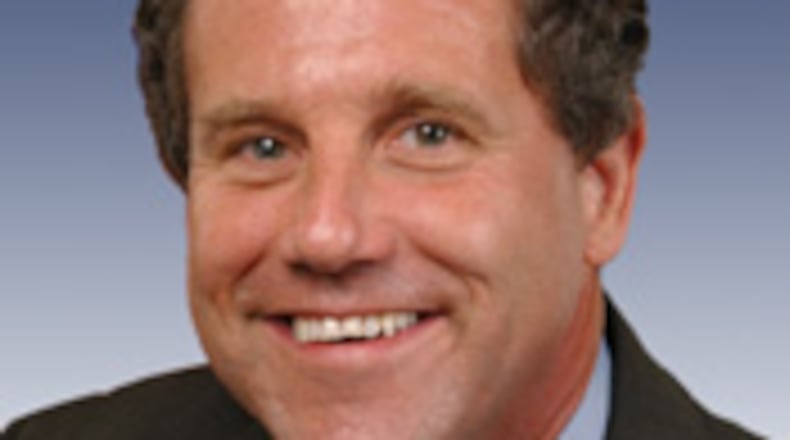In addition, the bill reflects anger on Capitol Hill at North Korea’s treatment of Otto Warmbier of Wyoming, Ohio. Warmbier died last June in at the Cincinnati Medical Center after he was subjected to harsh treatment in a North Korea prison for one and one-half years. The bill is named after Warmbier.
“We are sending a clear signal that the U.S. is serious about increasing pressure on North Korea to give up its nuclear weapons program and to stop its continuing human rights abuses like those that took the life of Otto Warmbier,” Brown said.
The United Nations Security Council during the past decade has imposed economic sanctions on North Korea, including banning exports of coal, iron, lead and seafood. But critics have complained that a number of international companies have managed to evade those restrictions.
The bill unveiled Wednesday would give Congress greater authority to determine if the sanctions were working, strengthen the current U.S. sanctions on North Korea, and give state and local governments the authority to divest from companies trying to evade the sanctions.
The deal was announced by Senate Banking Committee Chairman Mike Crapo, R-Idaho, and Brown, the ranking Democrat on the panel. It has also been co-sponsored by Republican Sen. Pat Toomey of Pennsylvania and Democratic Sen. Chris Van Hollen of Maryland.
“The time has come for the U.S. to take the lead to ensure that all nations work together to isolate the Kim regime until it has no choice but to change its dangerous, belligerent behavior,” Crapo said in a statement.
